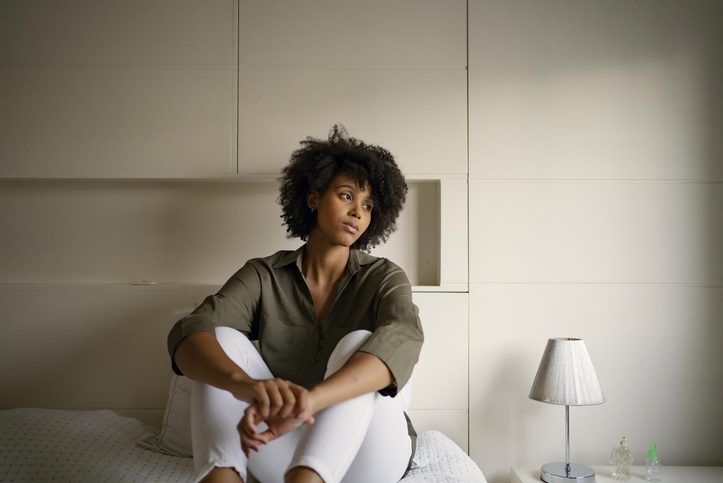Mental illness is a struggle that anyone can face, regardless of their ethnicity. On the other hand, the trends associated with mental health within different communities do vary. Highland Hospital in Charleston, West Virginia acknowledges the stigma around mental health in Black communities. We are here to help.
Strengths of the Black Community
It is important to acknowledge not only the struggles faced by the African-American community in the United States but also the factors that help Black individuals who face mental health struggles to recover. Factors commonly identified as providing resilience within the Black community include:
- Solid family connections
- Strong values
- Using music as a means of creative expression
- Spirituality
- Strong community and religious networks
Unique Adversity
While everyone experiences challenges in life, certain struggles are more likely to impact African-American people than people in some other groups. Some examples are:
- Historical dehumanization and oppression
- Modern racism – structural, individual and institutional
- Poverty
- Violence
- Discrimination when seeking medical or mental health treatment, leading to distrust of practitioners
- 63 percent of individuals within the Black community viewing mental health diagnoses as a sign of personal weakness
Black Mental Health Statistics
Experiences like those listed above can take a toll on a person’s mental health status, leading to:
- More African-American than white adults reporting persistent emotional distress
- Around 7 million Black/African-American people experiencing symptoms of mental illness each year, which is about the same rate as their white counterparts but more likely to be fueled by trauma and violence
- Higher rates of suicide attempts among Black teenagers – suicide is the third leading cause of death among African Americans ages 10-24 and African American men aged 25-34
- Feelings of shame when diagnosed with a mental health condition
When it comes to getting mental health treatment, the disparities continue. Black adults have more trouble accessing mental health care that is consistent with industry guidelines than their white counterparts. In addition, nearly 12 percent of African-American adults do not have health insurance.
Solutions and Supports
Because of the unique challenges they face, many Black people may choose to handle their mental health in different ways:
- They may be more receptive to counseling from their spiritual leaders or with counselors who offer a faith-based approach. They may also be more willing to seek out professional therapy if their spiritual leaders advise them to do so.
- Black practitioners, who have lived experience with some of the unique struggles Black people face, may be better able to build trust in therapeutic relationships. Unfortunately, only 2 percent of psychiatrists and 4 percent of psychologists in the United States are Black.
- Practitioners who are not Black but are working with African-American clients will need to be mindful of their own biases and continuously work to build their cultural competence.
- Medical doctors working with Black patients can also ensure that they are appropriately referred for mental health treatment. Mental health conditions can often lead to physical symptoms, and African-American patients may find it easier to talk about mental health if their doctor encourages them to do so.
- Black people who are struggling with their mental health often fear that their social circles will label them as “crazy” if they admit to having depression, anxiety, or other mental health concerns. Being allowed to admit these struggles could make it easier for them to get help.
Tailored Resources for
Because Black mental health is so important, there are numerous initiatives in place to help:
- The Mental Health Coalition – has a guide to a wide range of mental health resources for the Black community, which includes podcasts, support groups, trainings, tools for addressing stigma, suicide prevention resources, and intersectional tools for people of color who are also LGBT+.
- Dr. Ebony’s My Therapy Cards – these cards and related tools allow a person to work on their mental health through self-exploration and self-discovery. Some tools are specially developed for men and teenagers.
- Loveland Therapy Fund – helps Black women and girls to pay for therapy.
- Black Emotional and Mental Health Collective (BEAM) – includes podcasts, support groups, and other wellness tools specifically developed by and for Black people.
- The AAKOMA Project – gives youth of color and their caregivers tools to promote mental wellness.
- Black Girls Smile – provides mental health education and resources specifically for Black women and girls.
At Highland Hospital, we strive to provide care that is trauma-informed, culturally sensitive, and holistic. We would love to be part of you or your loved one’s support system as you begin your mental health recovery journey.










